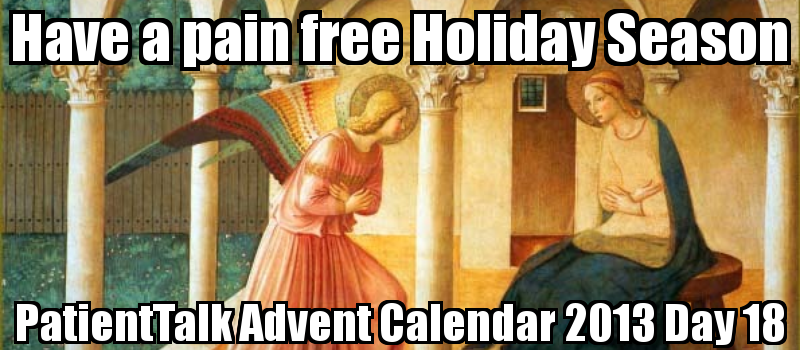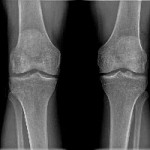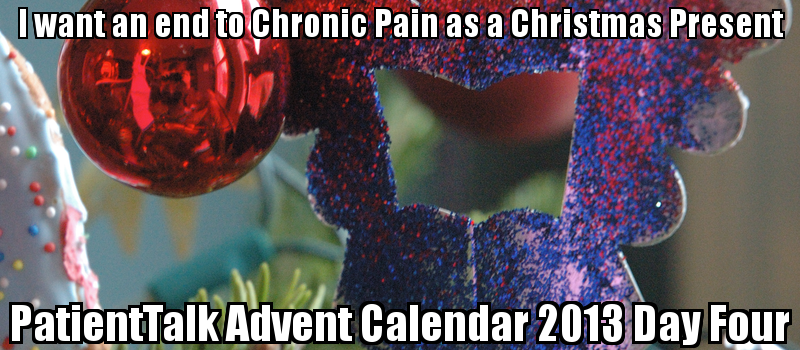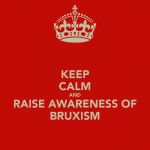A few weeks ago I was interested to discover a treatment for back and neck pain called the McKenzie Method ®. The treatment, developed by a physical therapist from New Zealand called Robin McKenzie, is also known as Mechanical Diagnosis and Therapy (MDT) ®.
The method is of particular interest to me because it looks to self-help techniques as a treatment as opposed to more traditional interventions. But that is only part of MDT. It is an overall system of assessment, classification and treatment (and prevention) for various different types of pain. These include back pain, neck pain and leg joint pain.
From my reading of the method the objective is not to treat pain in localised areas but rather to treat the pain in the core back structure.
You can read up more about the exercise regime here http://www.mckenziemdt.org/approach.cfm?section=int.
That being said, as a picture is worth a thousand words, this video may also be of use http://www.youtube.com/watch?v=AKoJfjTL098
The technique is becoming more popular so we were wondering if you had used it. It would be great if you could share your experiences of the McKenzie Method ®. You may wish to think in terms of the following questions?
a) Where was your pain and what was its cause?
b) Did you try any treatments before the McKenzie Method ®? How successful were they?
c) How did you hear about the McKenzie Method ®?
d) Tell us a bit more about the treatment process. How effective was it?
e) Overall how beneficial to you was the method?
Please feel free to use the comments box below to contribute any links and share your experiences.
Thanks in advance.





